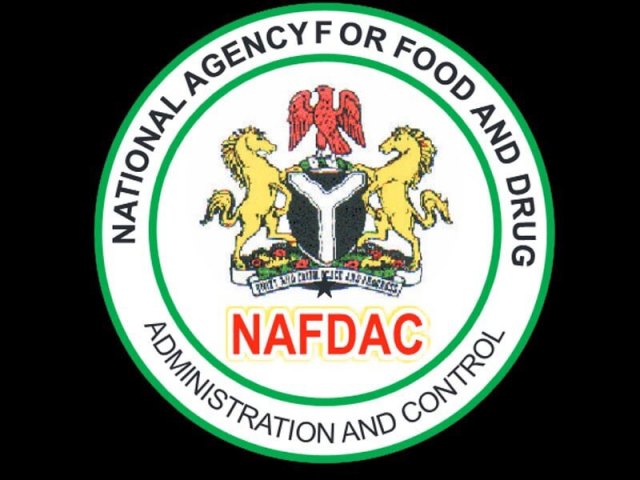The Nigeria Centre for Disease Control (NCDC) collaborates with the Federal Ministry of Health and Social Welfare to strengthen surveillance and preparedness in response to global concerns surrounding Human Metapneumovirus (HMPV).
Dr. Jide Idris, Director-General of the NCDC, confirms in a statement from Abuja that while no cases of HMPV have been reported in Nigeria, the agency is actively monitoring developments and enhancing preventive measures to protect public health. He emphasizes that the World Health Organization (WHO) has not declared HMPV a Public Health Emergency of International Concern (PHEIC).
Enhanced Surveillance and Public Engagement
The NCDC has reinforced monitoring for respiratory infections, including HMPV, through the National Influenza Sentinel Surveillance (NISS) system across the country. Dr. Idris urges healthcare workers to promptly report any unusual trends in respiratory illnesses and advises Nigerians to practice preventive measures such as regular handwashing, mask-wearing in crowded areas, and staying home when unwell.
Global Developments
Internationally, HMPV is gaining attention due to rising respiratory infections in countries like China, India, and Malaysia. China reports an increase in cases, particularly among children, attributing it to seasonal factors, while Malaysia and India have stepped up monitoring and held emergency meetings to address the situation.
Although HMPV is not new, its potential to cause severe illness in vulnerable groups highlights the importance of vigilance. Health experts note that HMPV, first identified in 2001, spreads through respiratory droplets, close contact, and contaminated surfaces, causing symptoms ranging from mild cold-like conditions to severe respiratory distress.
Preventive Measures
Global health agencies, including the US Centers for Disease Control and Prevention (CDC), recommend preventive actions such as washing hands thoroughly, avoiding face-touching, and wearing masks in public settings to minimize the risk of transmission.
Focus on Collaboration and Preparedness
The NCDC continues to advocate for public cooperation, urging citizens to report unusual respiratory illnesses and support efforts to mitigate potential health risks. It also calls for international collaboration to ensure transparency and effective management of any emerging threats.
While HMPV does not currently pose a global crisis, Nigeria remains focused on preventive measures, early detection, and coordinated response to protect vulnerable populations and strengthen its health systems against potential challenges.













